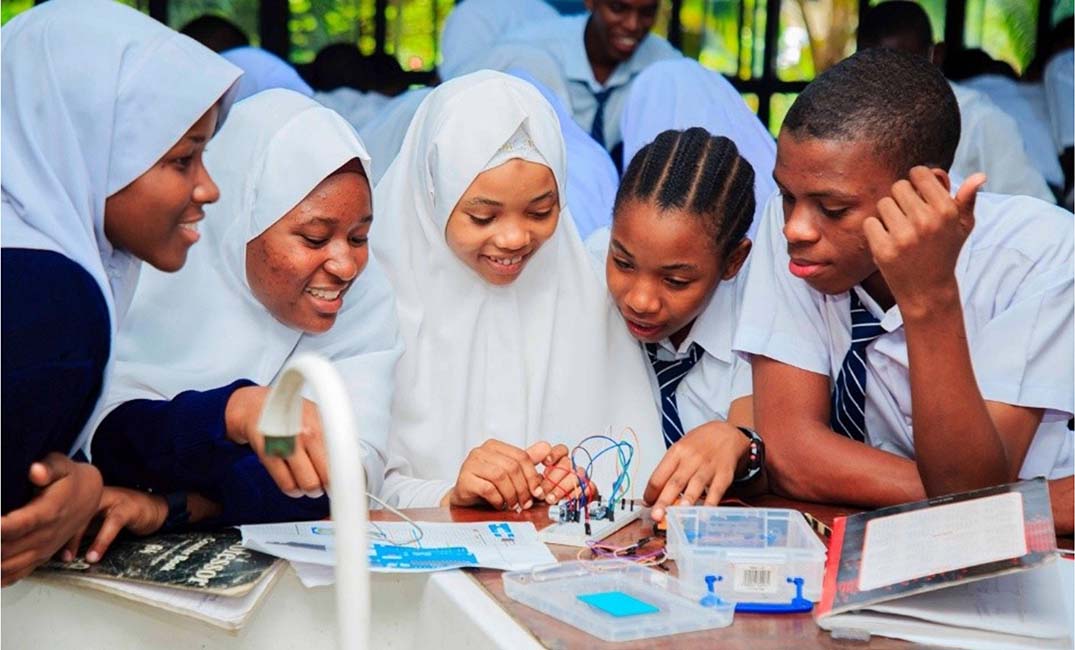The World Robot Olympiad (WRO), one of the world’s largest robotics competitions, has expanded significantly across Africa. From just five countries in 2020, WRO is now active in 14 countries with more than 40 000 young participants in the 2025 season.
More than 2 000 teachers have been trained, with strong backing from the likes of Google, the United Nations Economic Commission for Africa (UNECA) and WRO’s own strategic partners. Together they are equipping young Africans with future-ready skills in coding, engineering, and AI.
Each year, WRO challenges students worldwide to design and build robots to solve real-world problems. This year’s theme, “The Future of Robots”, has sparked bootcamps and workshops across Africa, introducing robotics to hundreds of students, including those from underserved and special needs communities.
National champions will represent their countries at the WRO International Final in Singapore this November, joining teams from more than 90 nations.
African youth typically approach innovation with a strong sense of community, often prioritising social impact over profit to address real-world challenges. Team FutureSight, winners of the National Senior Category Championship in Zimbabwe, developed an AI-powered voice assistant for the blind. Their solution supports visually impaired users with daily tasks and is being adapted to local languages to improve accessibility.
In South Africa, Karabo Rithuri’s journey shows how WRO builds skills, confidence, and community impact that lasts far beyond competitions: She joined a pilot programme at 13, and went on to represent her country at the WRO International Final in Malaysia. The experience gave her confidence and inspired her to give back, so when robotics was discontinued at her school, Rithuri set up her own club with support from local sponsors. Today she holds degrees in Finance and IT, serves as a WRO judge, and mentors township students.
“WRO gave me a voice, and now I want to help make things even better for the next generation,” says Rithuri.
Claus Ditlev Christensen, secretary-general of WRO, says: “WRO’s expansion into Africa is an important milestone in our mission to inspire young people through robotics and STEM. We are proud to see African students not only building technical skills but also developing solutions that address real needs in their communities.”
With Africa’s growing youth population and innovation agenda, WRO provides a vital platform for skills development, international exchange, and community-driven innovation. Initiatives such as WRO Learn and the Future Innovators Project are expanding access to robotics education – empowering young people to collaborate, solve problems, and become tomorrow’s changemakers.

